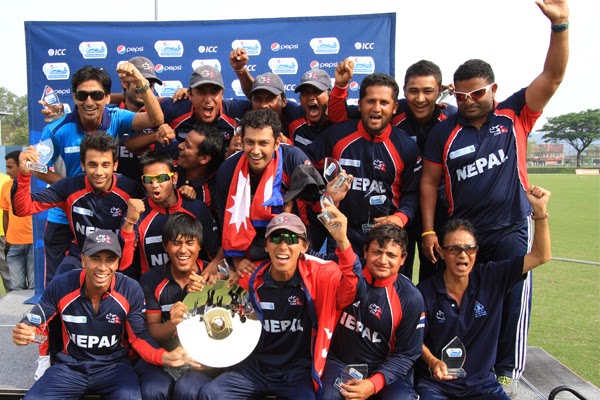When I pass through Babarmahal-Maitighar route, I feel like
‘WOW! I am in the capital city’. Apart from that, there is nowhere else that
makes me feel so, well, of course there are few other places and things but
let’s not focus on that for now.
Getting back to Babarmahal, the wide roads, not-so-messy
light poles (without the wires) at least at the side of the road, lights with
solar panels, neatly planted trees on the sides, freshly painted dividers,
clean and unbroken sidewalks, all of these make me feel that yes I am in the
capital. The road from Maitighar to Baneshwor, even to Koteshwor Chowk clearly
gives us the feeling of a capital city but just as I cross the Chowk towards
the route to Balkumari, it is the worst road one could ever be on. And it has
been like that for over four months now.
As far as I could remember, the Baneshwor-Maitighar route
was built within few months and now that the SAARC Conference is all set to
happen in Nepal, the roads have also received finishing touches. Unfortunately,
the Koteshwor-Satdobato route, however, have not received much attention. The
dusty fog always covers the way as soon as the day gives way to afternoon. I
wonder how the drivers find their way and Oh, how can I ever forget the never
ending, usually an hour long traffic jam on the route! How I wish Mr. Modi had put
forward a wish to visit Patan through Koteshwor! I am sure this road would have
been ready by now.
It’s incredible, the sort of motivation it takes our
government to get to work. All those tax payers paying a part of their hard
earned money for almost non-existent benefit they get in return, all those
troubles we Nepali citizens face on daily basis, the number of complaints we
make to the government, the support we could show to them if only they had
asked, none of these could get them to work, none of these could get our
government to repair roads or erect street lamps. One international conference
and up and about they go. Feels like they had some magic wand they waved and
suddenly they had money and labor force to start the construction and repair
works. Unfortunately, the wand only worked in the route these delegates would
probably take. I just wish they had put forward a desire to go on a tour of the
entire city. Maybe then the roads of Kathmandu would have been transformed.
There is no saying about how our government works and no one
can, I believe, predict what the government will be doing or what will motivate
it to work. All I wish is maybe someday before I die, I shall see our
government motivated to work for its citizens and for their benefits rather
than to show it to the delegates of other countries. I understand that
impression matters and to earn a place in the world, one should learn to give
an impression, a good one at that. However, if you cannot earn the respect,
love and trust of your own people, there is no point in trying to win it from
others. As we say charity begins at home, I believe love, trust and respect
should also begin from home. You see, change should come from within.
We can only wish that this construction and repair works do
not end here and shall continue even after the conference is over. We wish the
money that we received from our neighboring nation shall be put to proper use. Else,
repairing roads of only one route or the couple of them while all other roads
are covered with dust and pebbles is like buying a brooch when you don’t even
own a suit?
